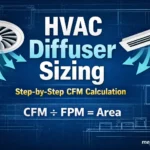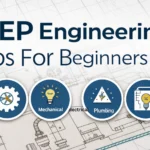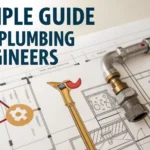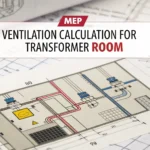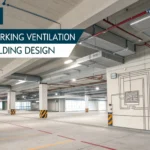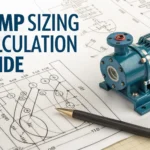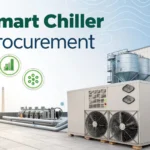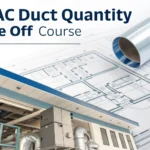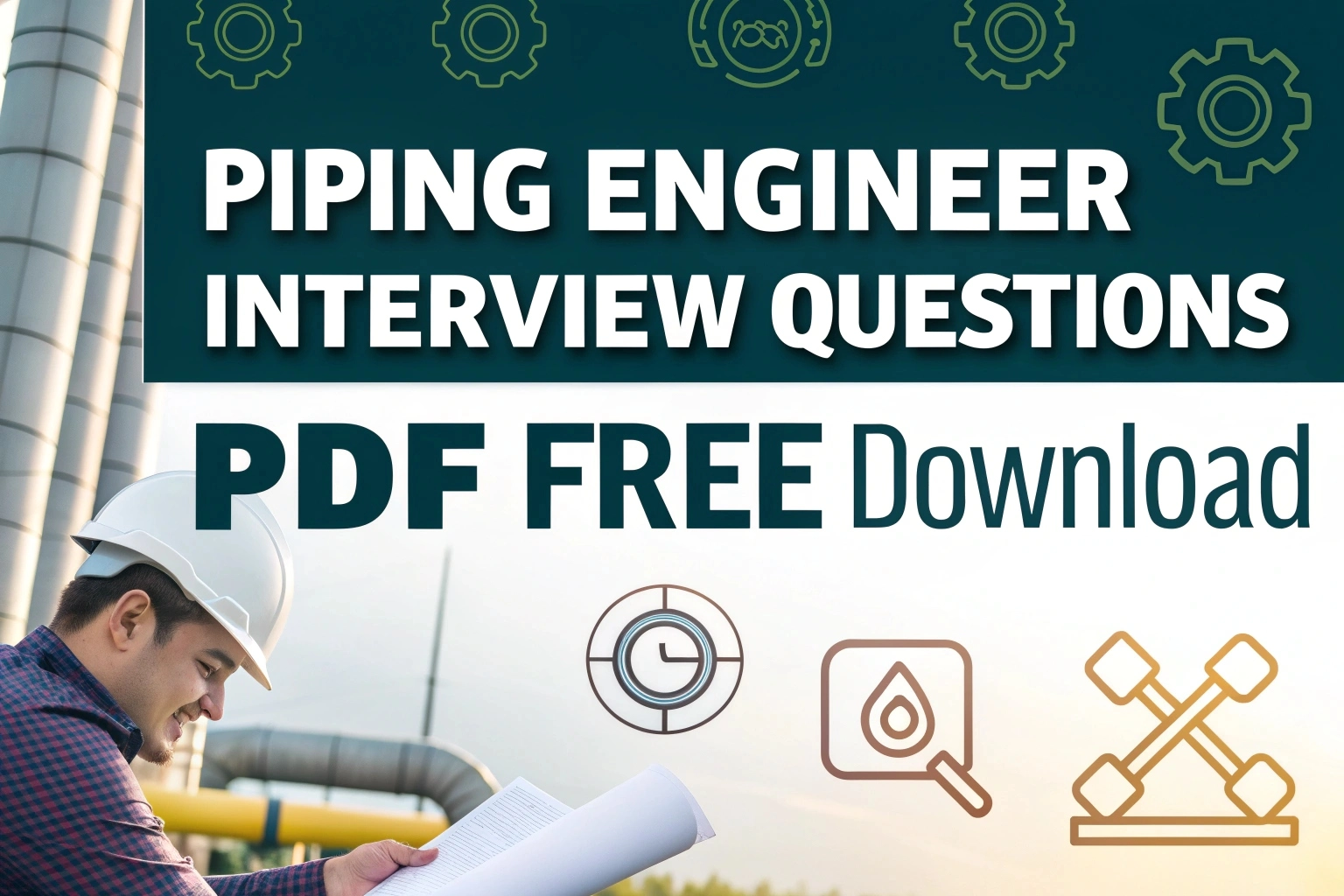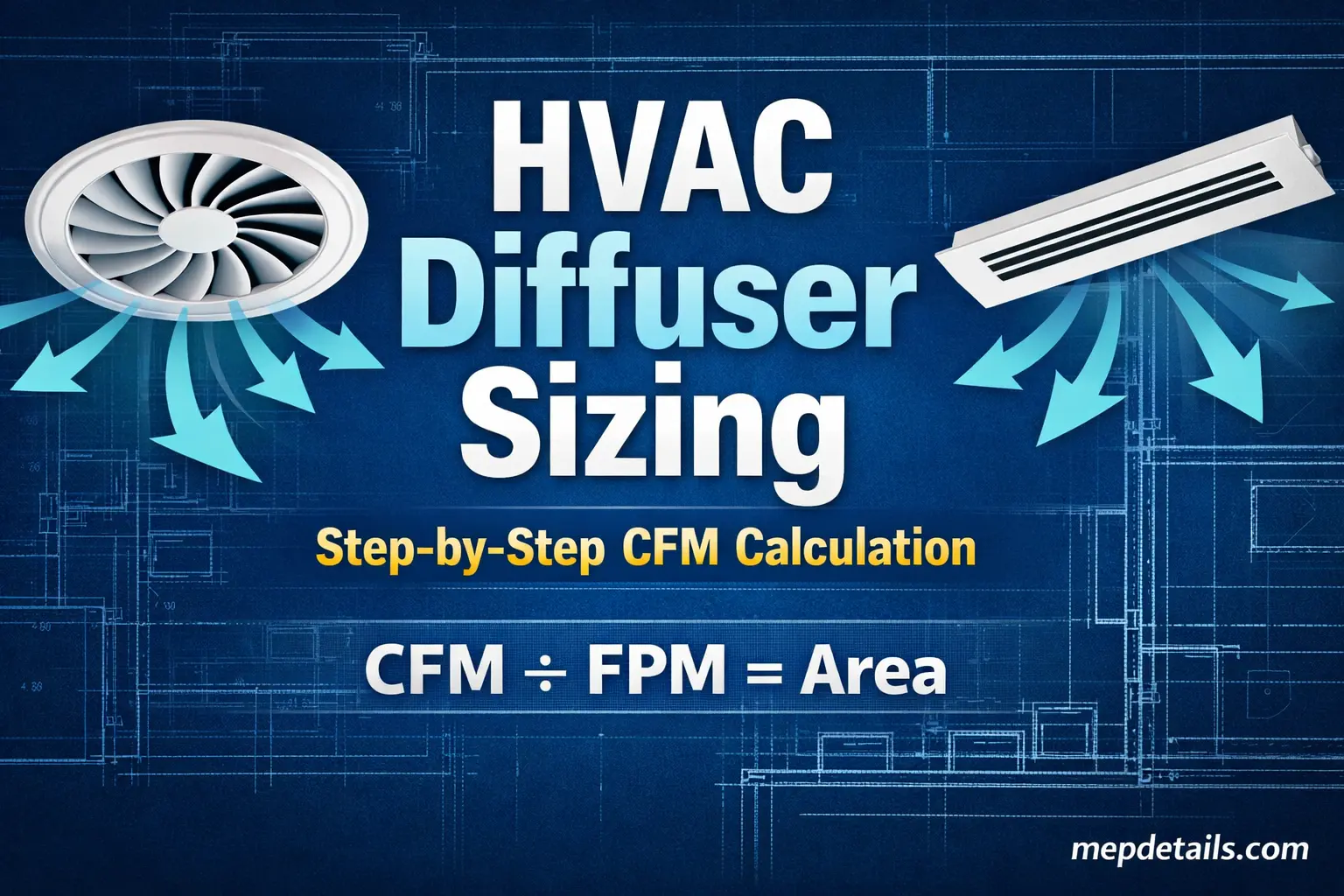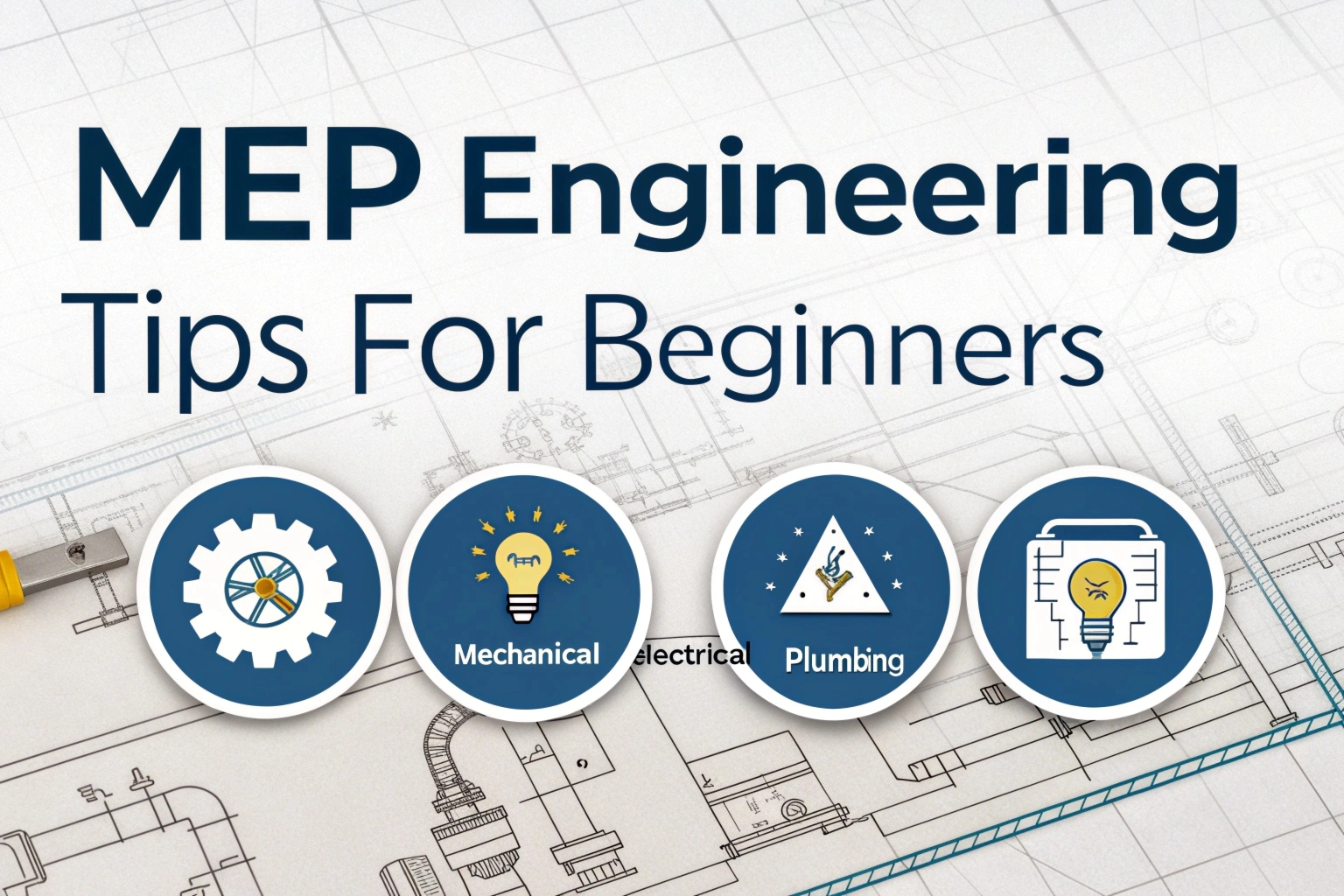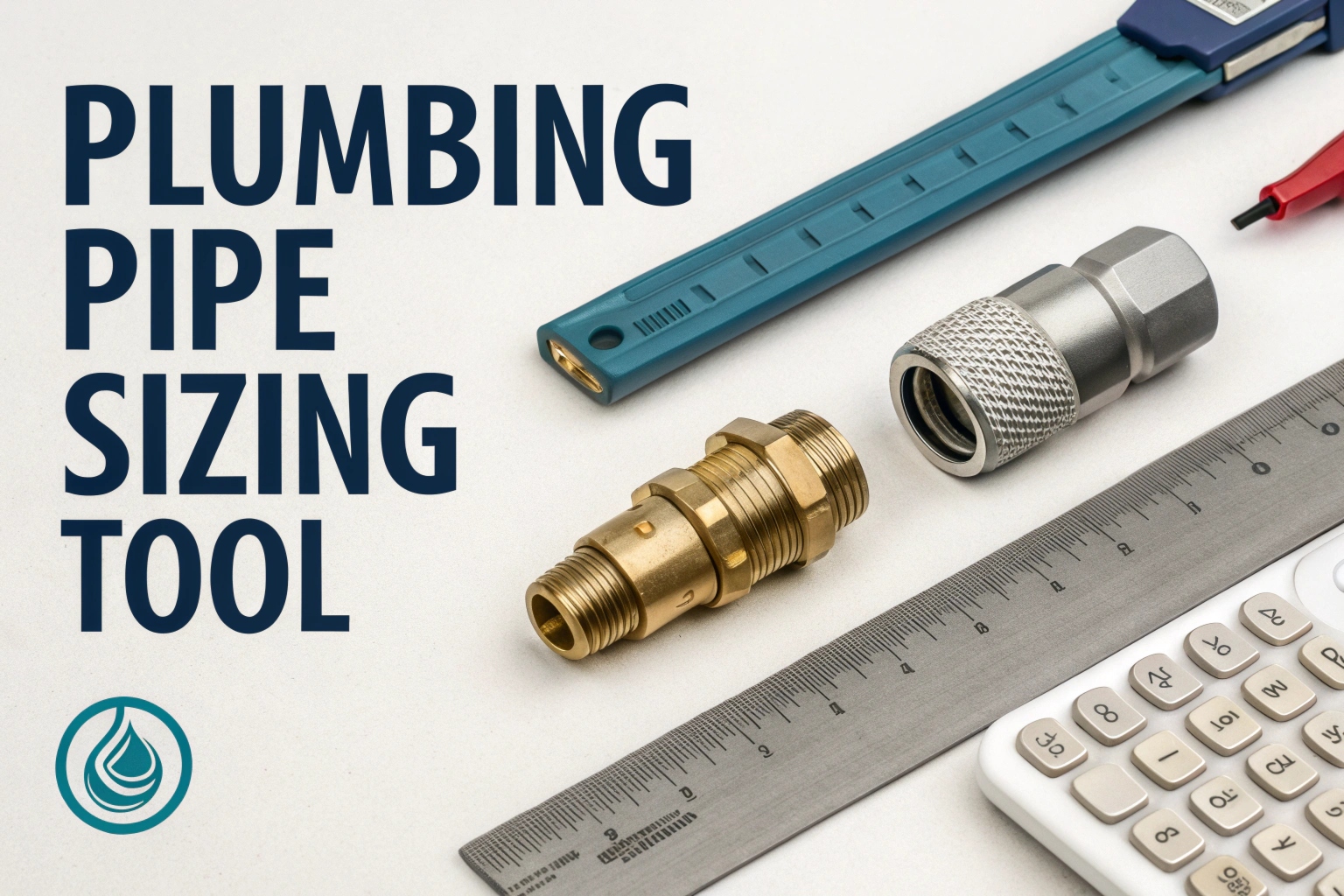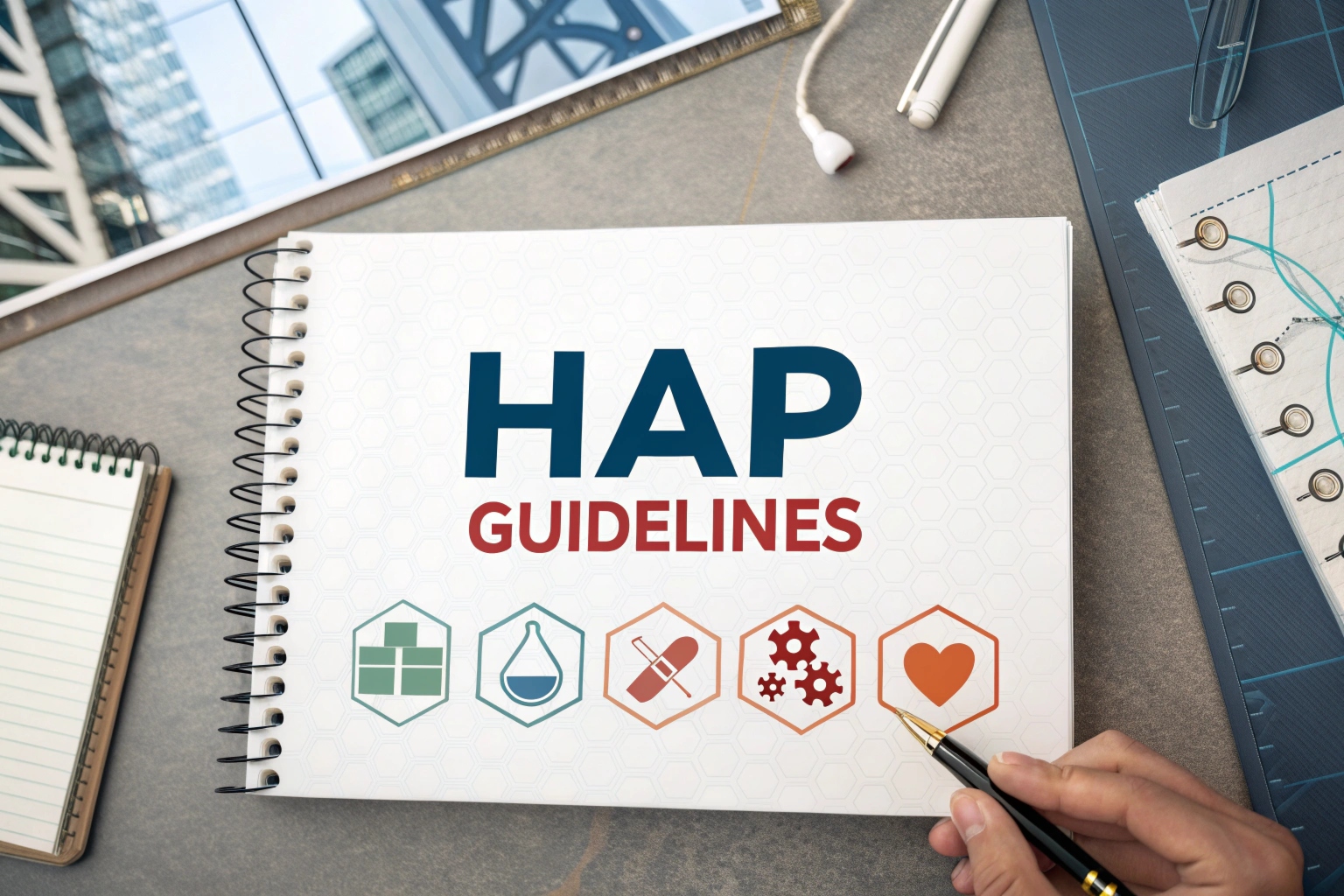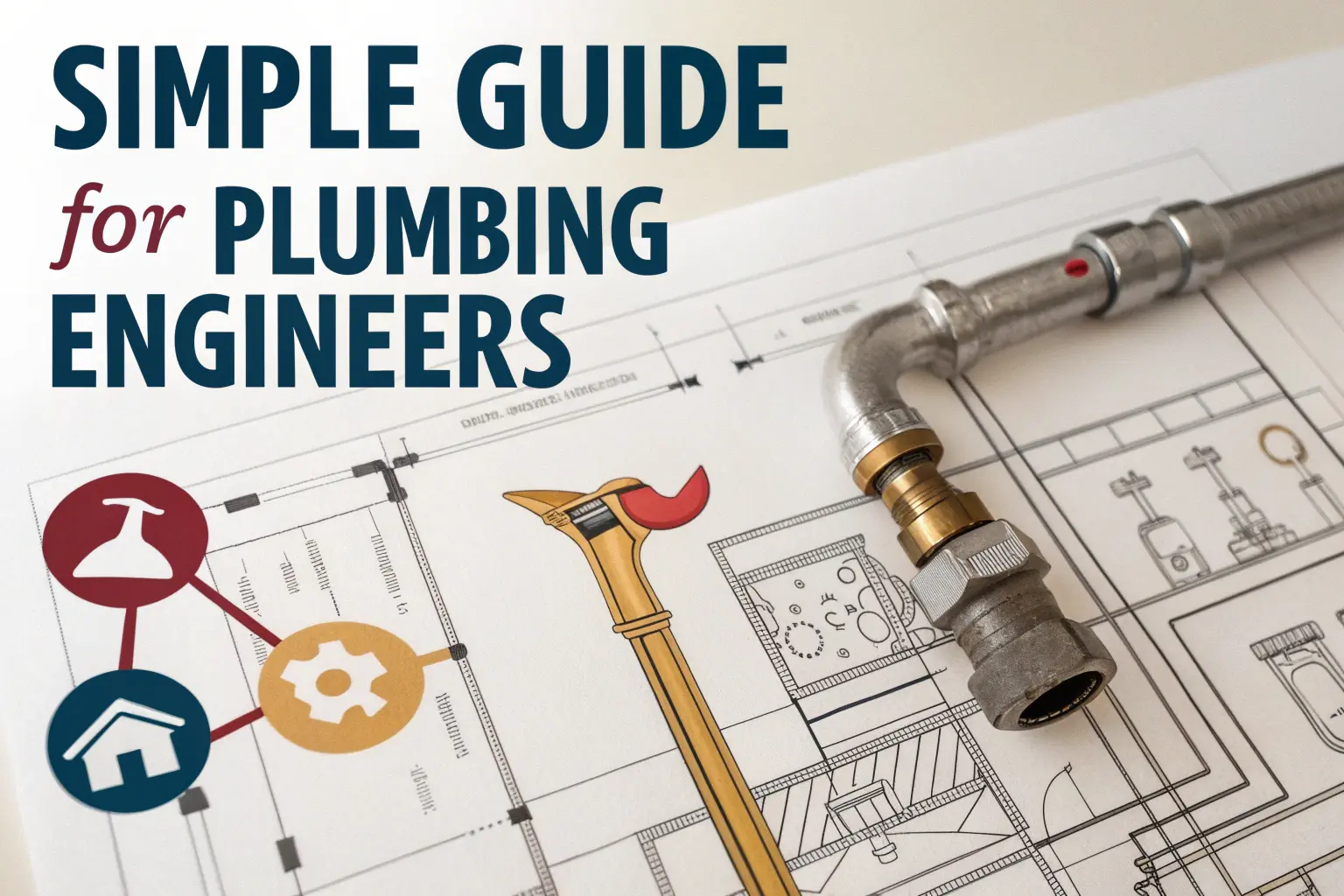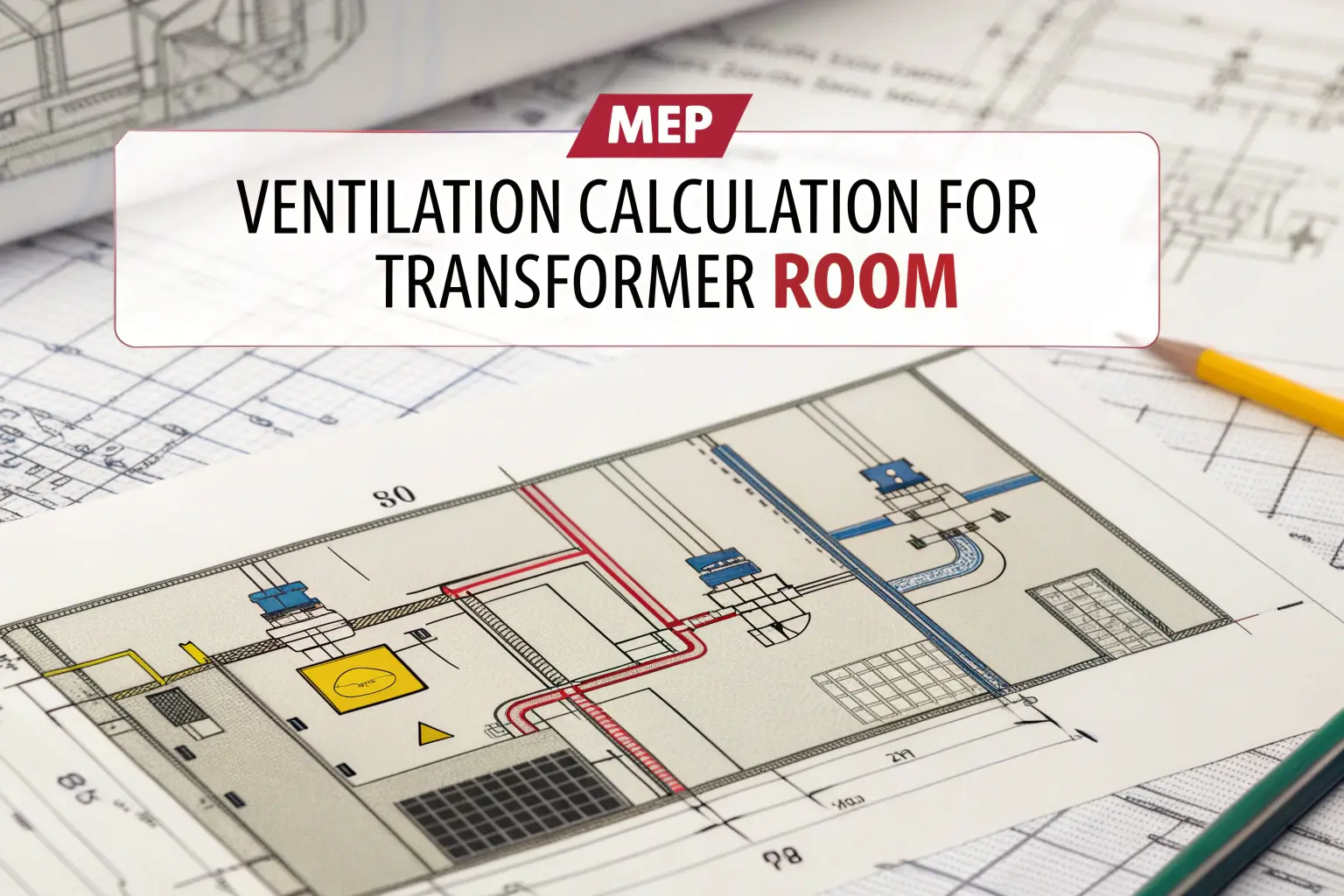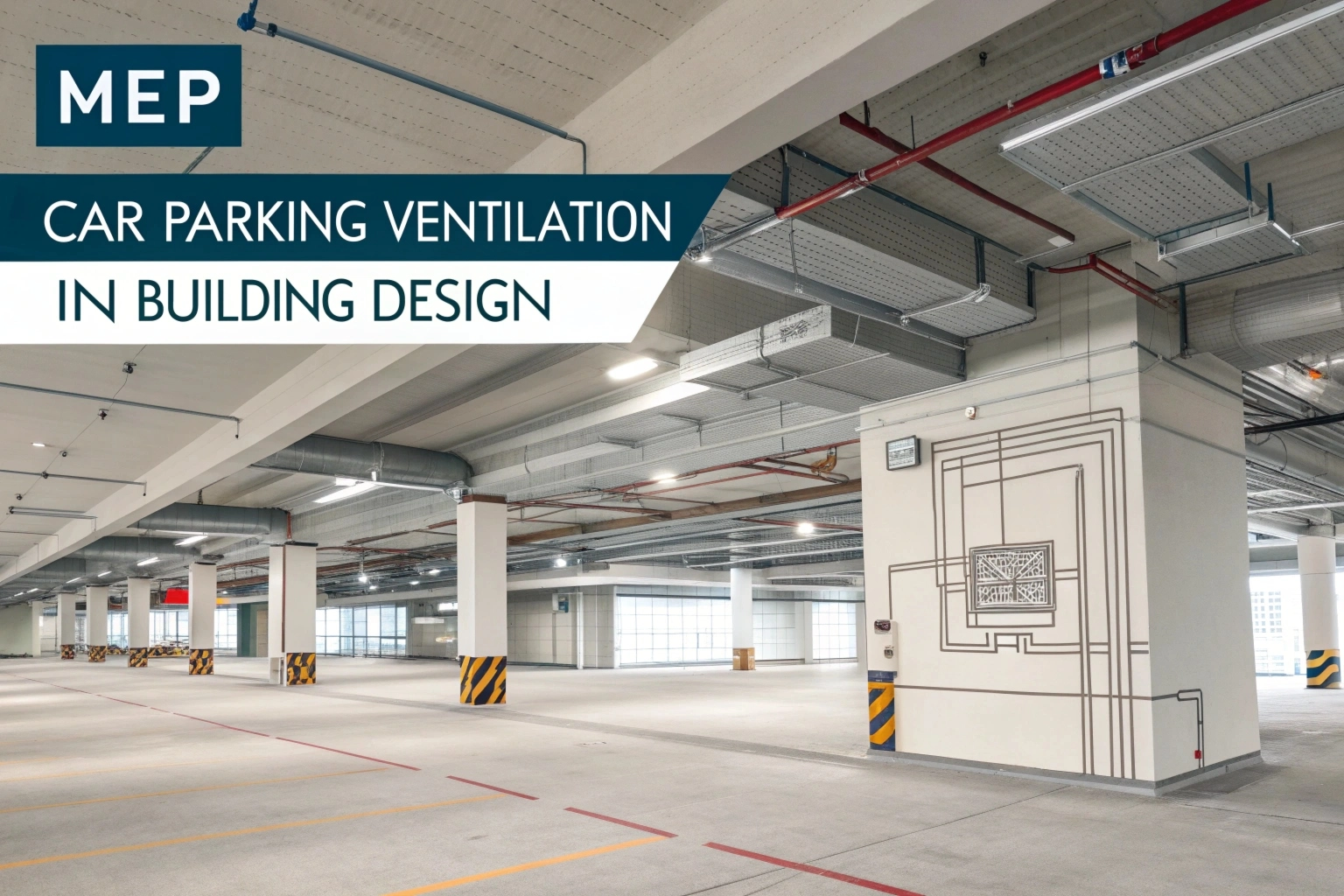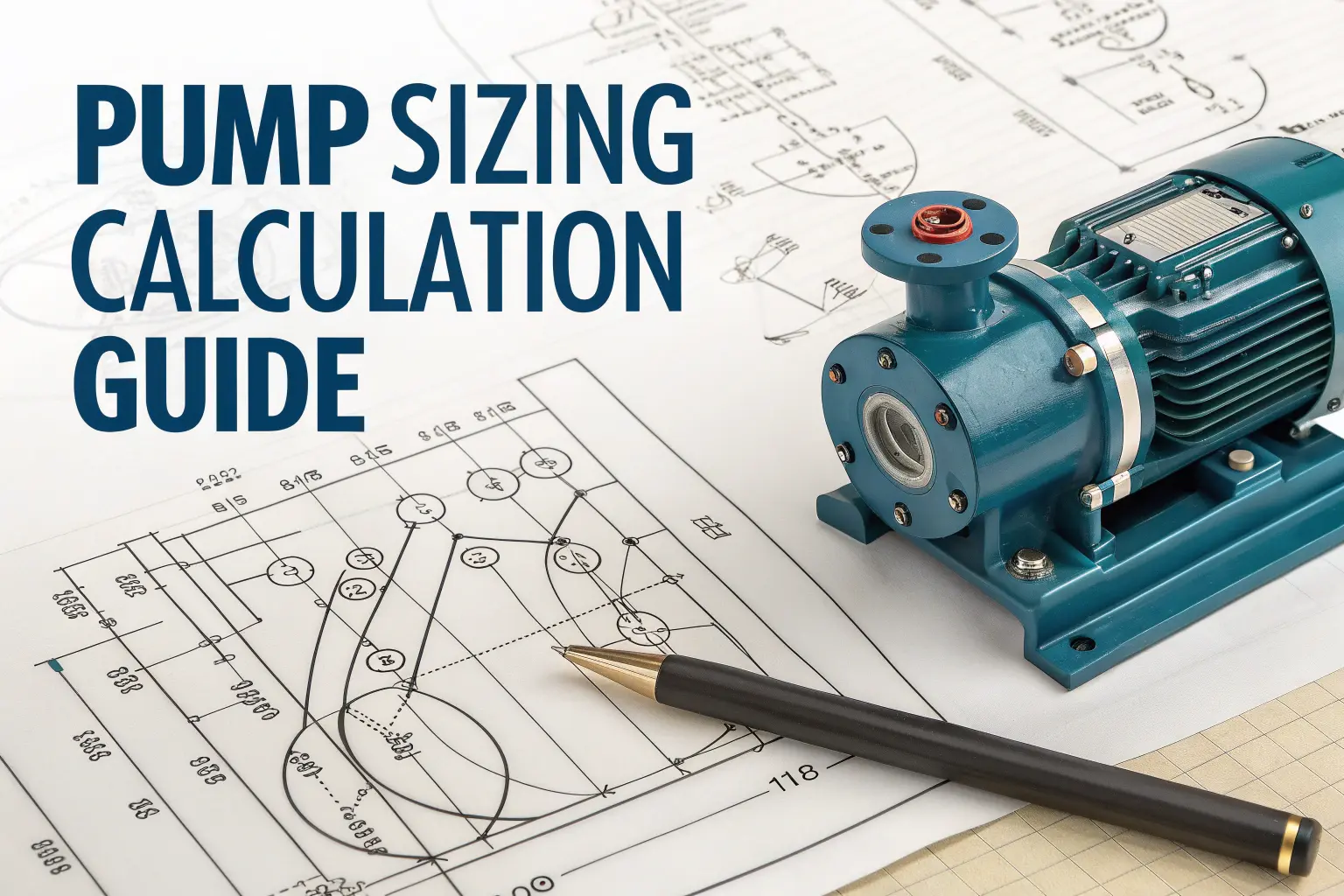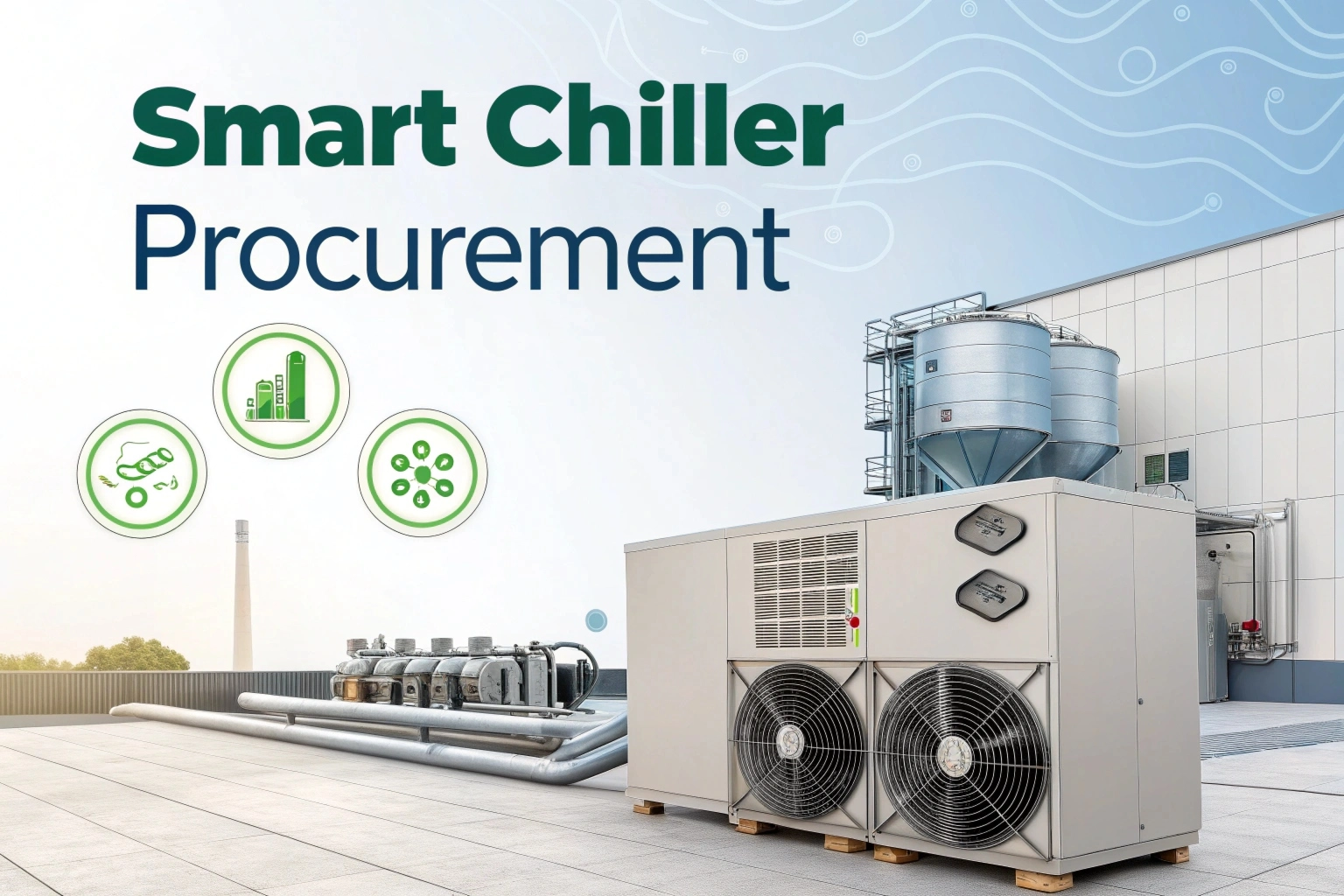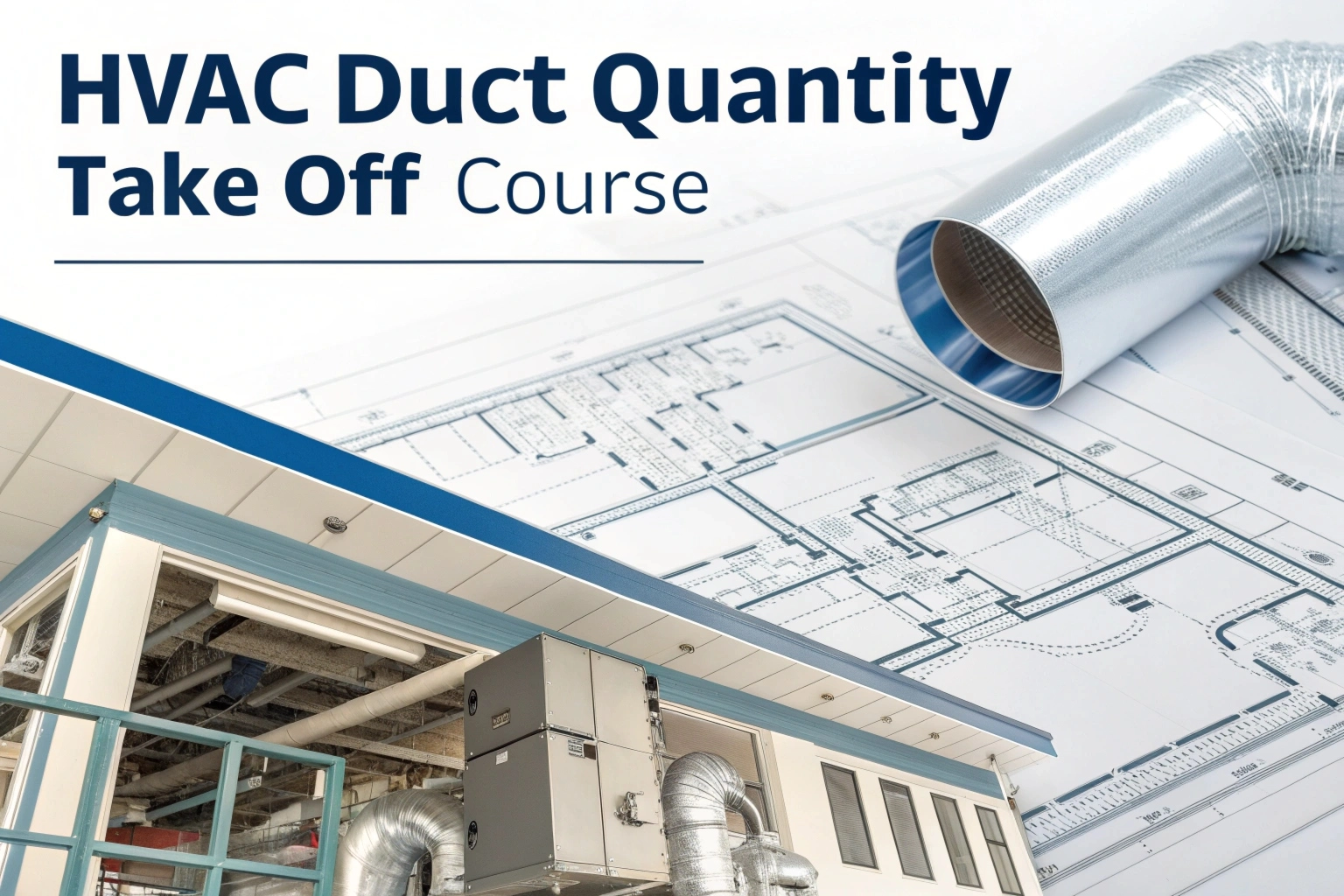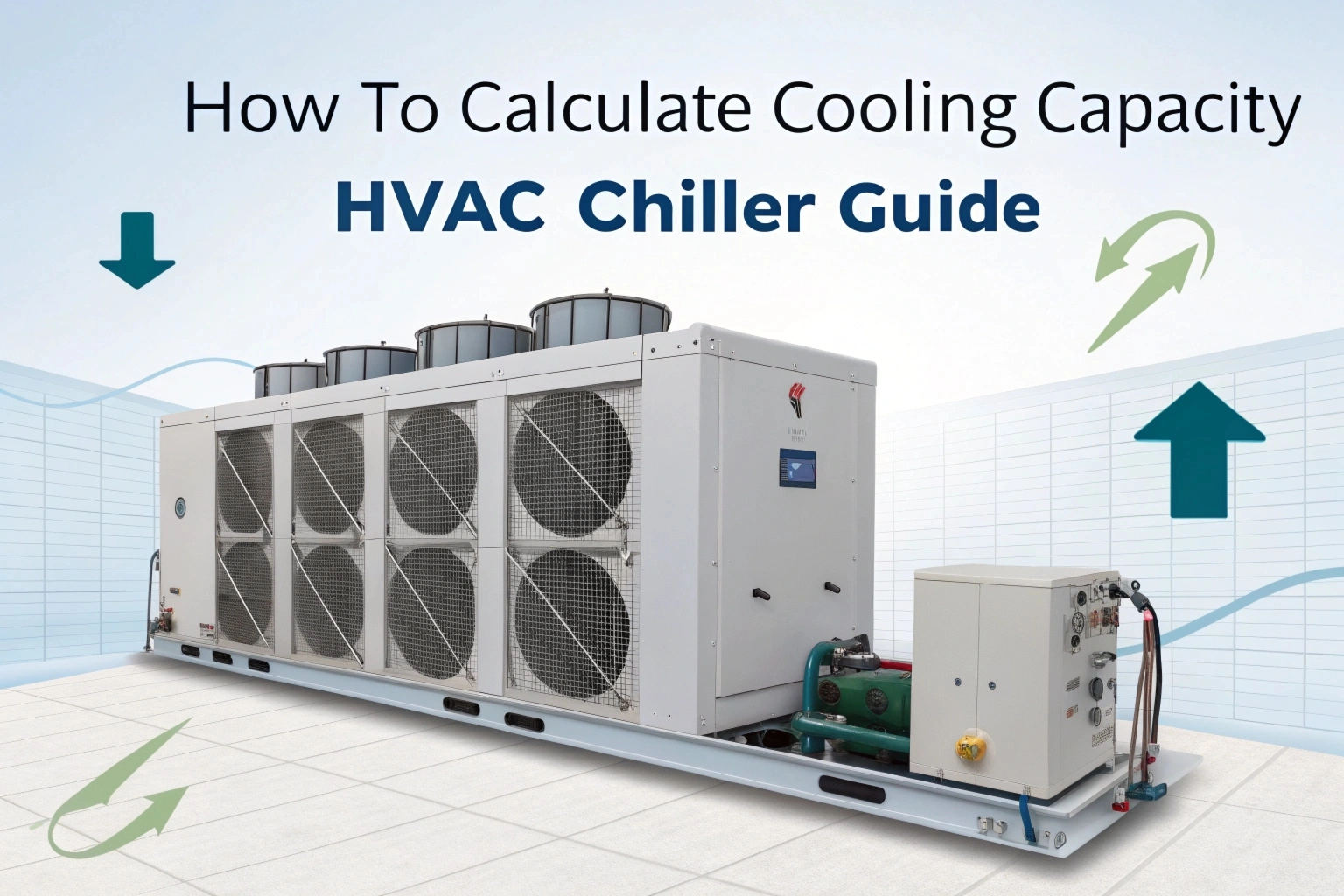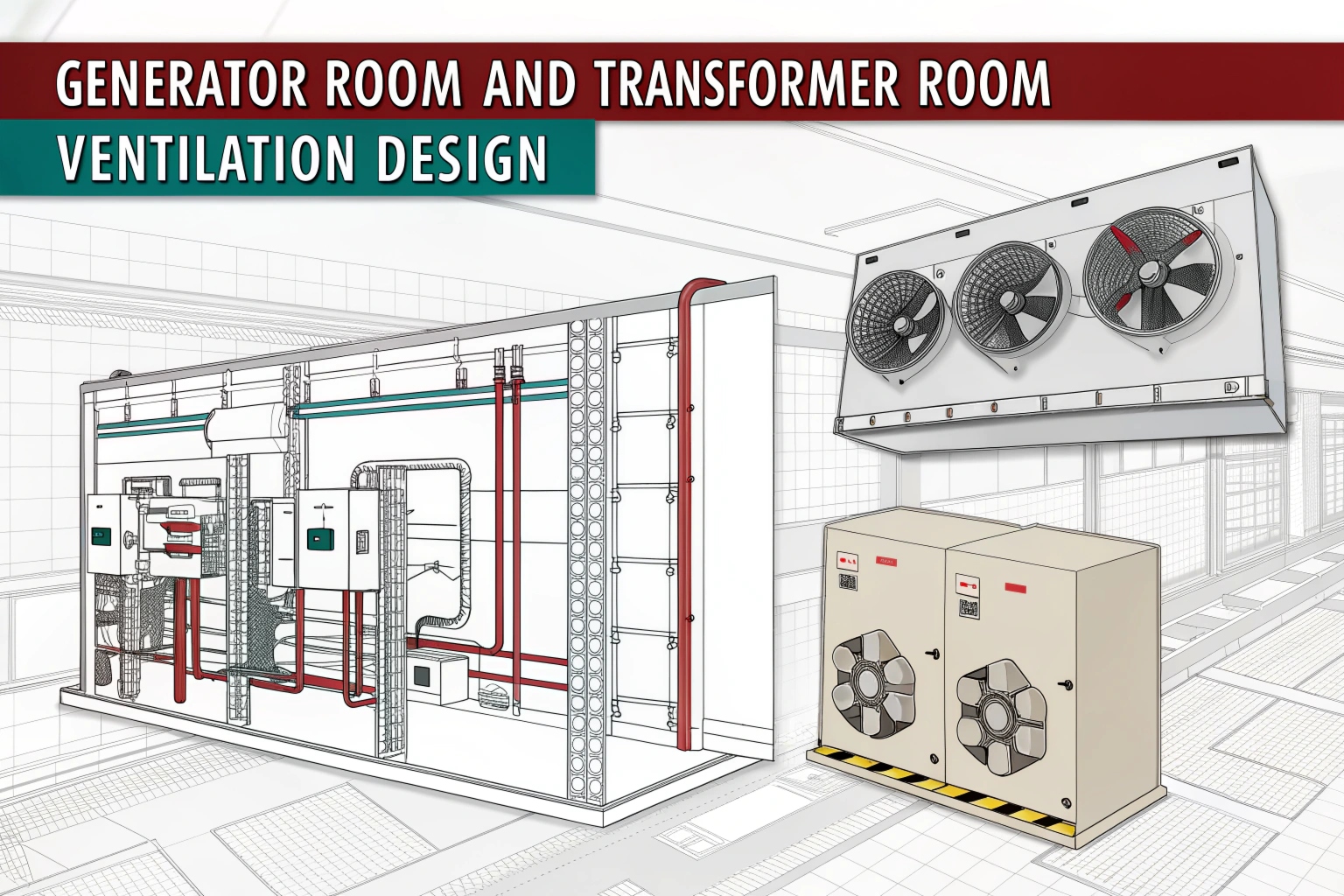Piping Engineer Interview Questions: Piping systems use a variety of mechanical components—pipes, fittings, flanges, valves, and even expansion joints—to safely carry liquids and gases under pressure. A piping engineer applies math, physics, and chemistry principles to design these systems so they work reliably from the plant floor to the boiler room. Whether you’re preparing for your first piping interview or brushing up on best practices, having targeted questions and answers at your fingertips can make all the difference.
What a Piping Engineer Does
Piping engineers size pipes and choose materials that withstand pressure, temperature, and flow demands. They create isometric drawings, calculate wall thickness for safe operation, and plan complex routing through buildings. They also specify hangers, supports, and expansion loops to prevent stress and vibration. Knowing these core duties makes it clear why interviewers test both your theoretical knowledge and your practical problem‑solving skills.
About the Interview Questions PDF
We’ve compiled 22 of the most common piping engineer interview questions and answers straight from ARAMCO, a global leader in petroleum. First, you’ll explore topics like pipe stress analysis and flange ratings. Then, you’ll move on to welding standards and fluid velocity limits. Each question comes with a clear, concise answer that explains the core concept. Finally, you can use this PDF to quiz yourself, review before an interview, or share with colleagues who want to sharpen their piping expertise.
Download the Piping Engineer Interview PDF
To get your free copy, click the Google Drive link on the original mepdetails.com page. There’s no login or subscription needed—just download, open in any PDF reader, and start reviewing right away.

